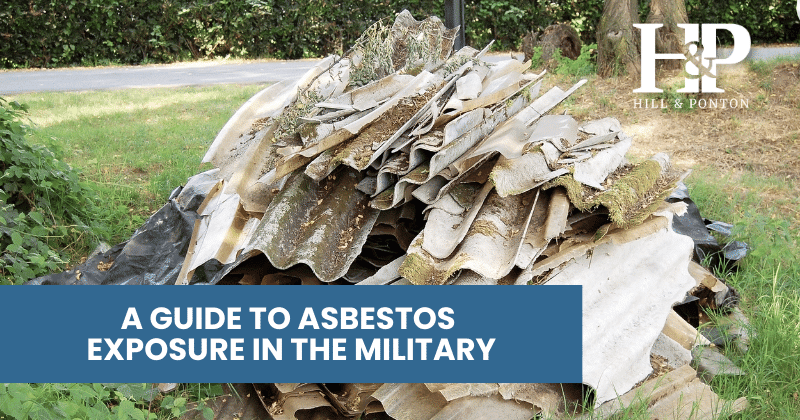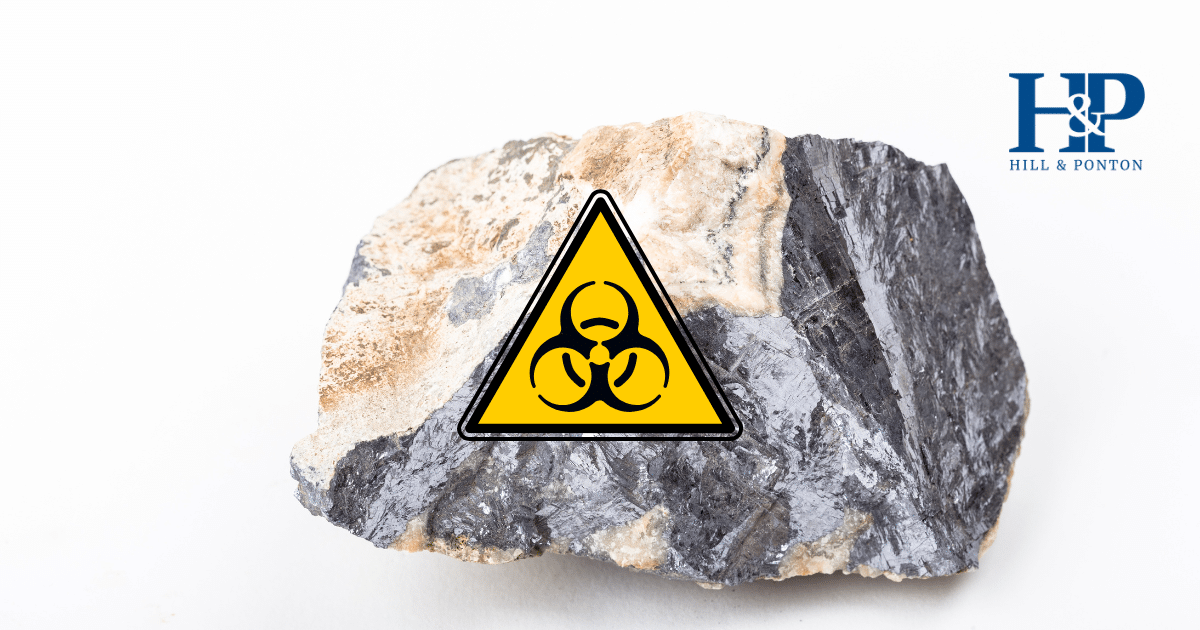Veterans diagnosed with Parkinson’s Disease often have difficulty obtaining VA disability compensation, particularly when they cannot establish presumptive exposure to TBI, Agent Orange, or Camp Lejeune water contamination. However, a well-prepared VA Compensation & Pension (C&P) exam, combined with thorough documentation of service-related chemical exposures, can still lead to a successful claim.
Non-Presumptive Exposures Causing Parkinson’s
While Parkinson’s Disease is presumptively linked to Agent Orange and other toxic substances by VA, some veterans who are diagnosed with the condition were exposed to toxins during their military service that aren’t yet covered by the list of VA presumptions. These include trichloroethylene (TCE), pesticides and chemicals from burn pits and jet fuel.
Burn Pits
Open-air burn pits are large areas of land that were used as a means of waste disposal on U.S. military bases after September 11, 2001. The PACT Act added 20 presumptive conditions related to burn pit exposure, but Parkinson’s is not one of them. As a result, burn pit exposure is not automatically assumed by VA to have caused Parkinson’s and veterans must provide medical evidence that links their condition to burn pit exposure during service.
Jet Fuel
Chemicals found in jet fuel, including toluene, xylene, and ethylbenzene (found in JP-4), have been linked to brain damage associated with Parkinson’s. Exposure can occur through vapor inhalation, skin contact, consuming contaminated water, or proximity to disposal sites. Find out more about jet fuel exposure →
Trichloroethylene
TCE provides the strongest evidence for causing Parkinson’s among suspected chemical risk factors (though this is only presumed for Camp Lejeune veterans). This colorless, non-flammable halocarbon efficiently dissolves oils, fats, and greases. Studies examining individuals with chronic TCE exposure (8-33 years) show they developed Parkinson’s at higher rates than unexposed individuals. Military personnel frequently handled TCE in various applications—from paint thinners to parts cleaners—often with minimal protection over extended periods.
Pesticides
During the Vietnam War, “Operation Flyswatter” sprayed organophosphate pesticides like malathion over military bases to combat malaria. These pesticides have demonstrated a consistent relationship with Parkinson’s Disease development. In fact, the mechanisms that make pesticides so useful in killing mosquitos are similar to the mechanisms that cause Parkinsonian symptoms.
To increase the chance of winning these kinds of cases, veterans should obtain a medical opinion from a physician or neurologist stating that “it is at least as likely as not” that their Parkinson’s resulted from toxic exposure during military service. See how to establish service connection →
The C&P Exam for Parkinson’s Disease
VA typically requires veterans to complete a C&P exam after filing a disability claim. The examination allows VA to collect more information to base its claims decision on, including determining service connection. When a C&P exam is required, a veteran will be contacted directly by their local VA medical center – usually by mail – with the date and time of the scheduled exam. Attendance at the C&P exam is mandatory.
What Is the C&P Examination Process?
When preparing for a Parkinson’s C&P exam, it’s important to understand there is no specific test to diagnose the disease. Instead, Parkinson’s is diagnosed by exclusion. This means that a formal diagnosis is made when all other possible conditions have been ruled out by the individual’s medical team.
During the C&P exam a neurologist will review the veteran’s medical history and list of symptoms, while looking for certain markers of Parkinson’s Disease. Providing detailed information to the examiner about each symptom, including when it began, whether it comes and goes, and what may be improving or worsening it, is key to presenting a strong claim.
Parkinson’s Motor Symptoms
Motor symptoms affect a person’s movement and balance. The primary motor symptoms of Parkinson’s Disease that the C&P examiner will look for are:
- tremor
- rigidity
- bradykinesia (slow movement)
- postural instability (balance problems)
Non-Motor Symptoms
There are also a wide range of Parkinson’s symptoms not associated with movement that are recognized by VA, including problems sleeping, mood disorders, cognitive deficits, urinary dysfunction, constipation, and problems swallowing. Non-motor symptoms such as these can occur early on, before motor functions are impacted.
Find out more about the C&P exam process→
To prove non-motor symptoms, veterans can also submit lay statements from friends, family, and coworkers, as well as medical evidence from a consulting physician.
What If My VA Disability Claim Is Denied?
If your claim for Parkinson’s VA disability is denied, you have the right to appeal the decision and should submit your appeal as soon as possible. Hill & Ponton’s legal team can identify why the original claim was denied and what additional evidence should be provided to win compensation. We’ll also advise you on how to prepare for any new C&P exam the VA may require. Contact us for a free evaluation of your case.




